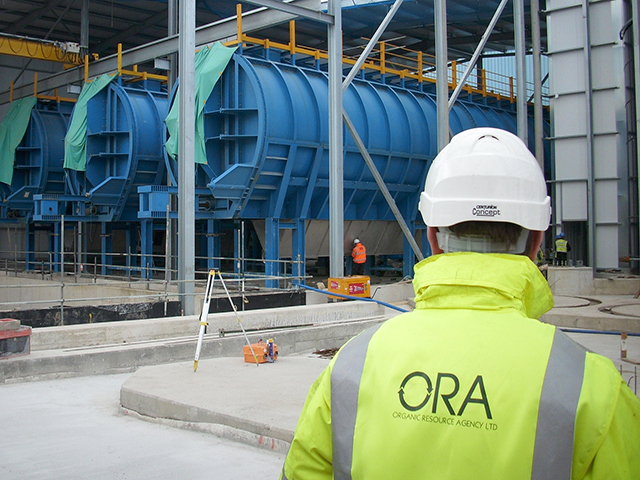
NCIMB, the Aberdeen-based microbiology and chemical analysis company that manages the National Collection of Industrial, Food and Marine Bacteria, is collaborating in an anaerobic digestion (AD) project with the Organic Resource Agency (ORA), a specialist in sustainable waste management.
The feasibility study is focused on investigating the potential of transferring molecular microbial monitoring techniques used in the oil and gas industry, to the production of energy from wastes and other renewable sources using AD.
The project has received funding from the UK’s Technology Strategy Board.
AD is a key method for generating renewable energy from biodegradable waste materials and also produces digestate which allows nutrients and organic matter to be recycled to land for food production.
The process is dependent on the activity of bacterial populations, which are typically monitored indirectly by measuring substances produced during microbial degradation such as volatile fatty acids and methane.
Outlining the background to the project, NCIMB’s CEO, Dr Carol Phillips pointed out that other industries routinely monitor bacteria using a range of more direct approaches.
“These include traditional culture-based techniques as well as molecular methods such as the quantitative polymerase chain reaction technique (qPCR),” she told Energy.
“One of the benefits of qPCR is that it gives very rapid results, and it is therefore ideally suited to accurate monitoring of microbial populations.”
The qPCR technique rapidly detects and simultaneously quantifies specific sequences of DNA, and the method can be used to diagnose and monitor cases of some diseases.
Recently the technique has also been used in the oil and gas industry to monitor bacterial populations and quantify the groups of microorganisms involved in corrosion.
Dr Jon Pickering, principal consultant at ORA said: “AD is a very well established technology, but there is still scope for improving the performance and management of the processes involved.
“Our aim in this project is to investigate the application of modern molecular biology techniques to the monitoring of AD processes in order to develop a new model for optimising process control and improving efficiencies of operation and biogas production.”
AD has been around a long time and yet its uptake in the UK is patchy compared with some other countries, including across the EU where digesters are relatively commonplace, for example in Germany, which leads the way with more than 6,900 large-scale projects.
Recommended for you
